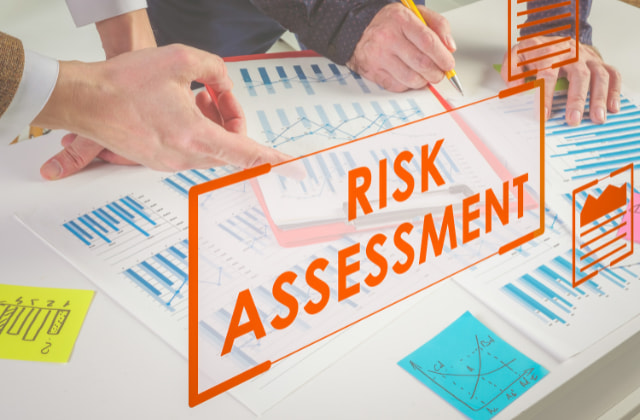The Importance and Importance of Risk Management in Ensuring Corporate Continuity
The Importance and Importance of Risk Management in Ensuring Corporate Continuity
Blog Article
The Value of Comprehending the Value of Risk Management in Different Industries

The Core Principle of Risk Management and Its Purpose
Risk Management, the foundation of several industries, rests on the identification, examination, and mitigation of uncertainties in a business setting. It is an integral technique that permits companies to secure their possessions, online reputation, and general survival. By appropriately recognizing prospective threats, businesses can establish methods to either protect against these threats from taking place or minimize their effect. The analysis procedure entails analyzing the probability and prospective seriousness of these dangers. The reduction process includes creating techniques to decrease their prospective effect when dangers have actually been recognized and evaluated. This process is recurring and cyclical, making sure that businesses are prepared for the ever-changing nature of Risk in various markets. The key function, thus, is to foster durability in the middle of uncertainties.
Advantages of Implementing Risk Management in Company Workflow

Introducing the Role of Risk Management in Different Industries
While every industry confronts its special set of threats, the execution of Risk Management techniques stays an usual in their search of sustainability and growth. In the healthcare market, Risk Management entails making sure patient safety and information defense, while in finance, it includes mitigating investment threats and ensuring governing compliance. Eventually, the role of Risk Management throughout sectors is to recognize, assess, and minimize dangers.
Real-life Study Demonstrating Effective Risk Management
To comprehend the importance of Risk Management in these several markets, one can look to several real-life circumstances that illustrate the effective application of these measures. Toyota, upload the 2011 earthquake in Japan, description revised its supply chain Management to decrease disruption threats. These instances demonstrate exactly how markets, finding out from crises, successfully used Risk Management strategies to minimize future threats.
Future Trends and Advancements in Risk Management Methods
As the world remains to advance, so as well do the fads and growths in Risk Management methods. Rapid advancements in technology and data analytics are reshaping the Risk landscape. Huge data and AI are now critical in anticipating and minimizing risks. Organizations are leveraging these tools to build predictive models and make data-driven decisions. Cybersecurity, as soon as an outer problem, has actually catapulted to the forefront of Risk Management, with discover here approaches concentrating on prevention, reaction, and detection. The integration of ESG (Environmental, Social, Administration) elements into Risk Management is another growing fad, reflecting the raising recognition of the duty that social and environmental risks play in business sustainability. Thus, the future of Risk Management lies in the blend of sophisticated modern technology, cutting-edge methods, and an alternative method.
Verdict
To conclude, comprehending the relevance of Risk Management throughout a spectrum of industries is crucial for their long life and prosperity. Tailored approaches can help reduce possible risks, protect properties, and foster stakeholder trust. In addition, proactive decision-making help in regulatory conformity and maximizes resource use. Inevitably, successful Risk Management contributes to more lasting and resistant businesses, highlighting the significance of this practice in today's dynamic and very competitive service environment.
While every market faces its distinct set of risks, the implementation of Risk Management methods stays a typical denominator in their pursuit of sustainability and development. In the medical care field, Risk Management requires making sure person safety and security and information security, while in finance, it involves mitigating financial investment dangers and guaranteeing regulatory conformity. Eventually, the role of Risk Management across industries is to recognize, analyze, and minimize threats. These instances show just how markets, discovering from situations, efficiently applied Risk Management strategies to reduce future risks.

Report this page